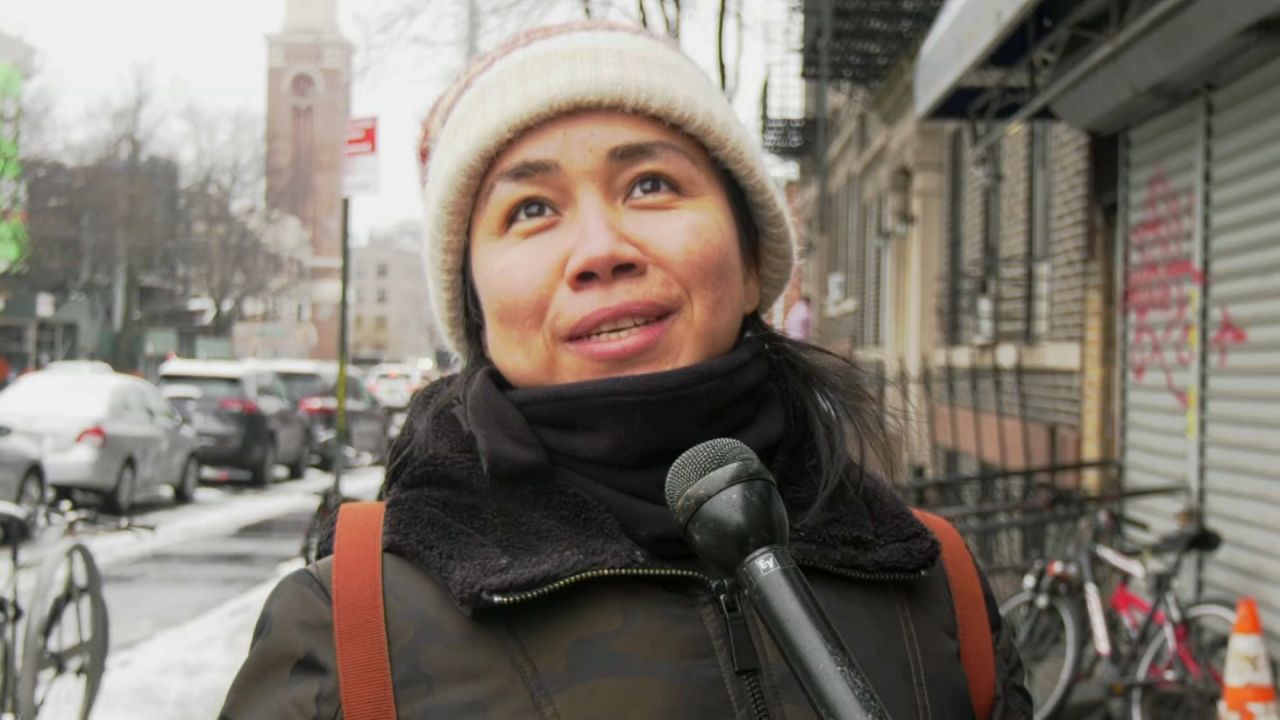Prices in Germany were 9.3 percent higher in February than a year ago. This meant that inflation was slightly higher than in January, while a decline was actually expected. Inflation also rose in France and Spain in February. Higher inflation rates make an interest rate hike by the European Central Bank (ECB) even more likely this month.
Inflation is mainly higher due to increased prices for food and drink. According to the German statistics agency Destatis, food prices were almost 22 percent more expensive in February than one year previously.
Energy costs for businesses are decreasing, but those decreases have not yet been reflected in the prices paid by consumers, according to ING economists. Therefore falling energy prices do not bring inflation down.
Inflation also rose unexpectedly in February in France and Spain. And there, too, this was due to more expensive foodstuffs, despite all kinds of tax measures taken by those governments to prevent price increases.
Economists expect that the higher inflation rates will give the ECB even more reason to raise interest rates. The ECB has already raised key interest rates several times in a year. The idea is that higher interest rates put a brake on expenditure and can thus lower inflation somewhat. “An interest rate hike in March will not be the last,” said Joachim Nagel, president of the Deutsche Bundesbank and member of the ECB board.
The Dutch inflation figures for February will be announced on Thursday.


